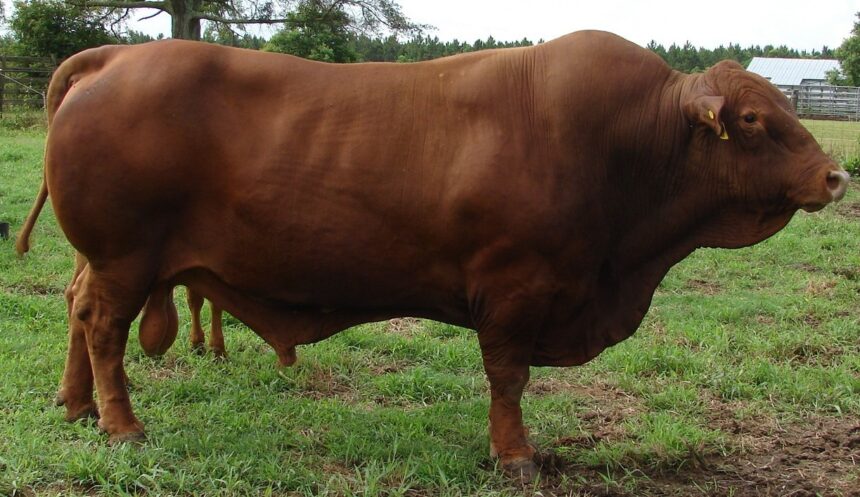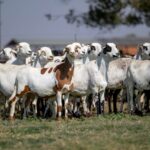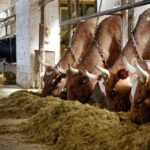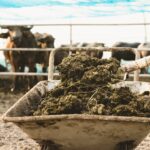Senepol cattle, renowned for their heat tolerance, docile temperament, and superior meat quality, have garnered attention among cattle breeders in South Africa. Originating from the Caribbean island of St. Croix, Senepol cattle offer unique advantages for livestock farmers in South Africa’s diverse agricultural landscape. Here are ten essential insights into breeding and farming Senepol cattle in South Africa:
- Origins and History:
Senepol cattle trace their roots to the island of St. Croix in the Caribbean, where they were developed in the early 20th century. Bred for heat tolerance and adaptability, Senepol cattle thrive in hot and humid climates, making them well-suited for South Africa’s subtropical regions. - Adaptability to Climate:
One of the most notable traits of Senepol cattle is their exceptional heat tolerance and adaptability to hot, tropical climates. Their ability to regulate body temperature effectively makes them ideal for extensive grazing systems in South Africa’s warmer regions. - Genetic Characteristics:
Senepol cattle are characterized by their distinctive red coat color, short sleek hair, and polled (hornless) genetics. These traits are highly heritable and have been selectively bred to enhance heat tolerance and meat quality. - Meat Quality and Efficiency:
Senepol cattle are renowned for producing high-quality beef with excellent marbling, tenderness, and flavor. They have efficient feed conversion rates and can thrive on lower-quality forage, making them economically viable for beef production. - Grazing and Forage Management:
Senepol cattle excel in extensive grazing systems and can thrive on pasture-based diets. Implement rotational grazing practices to optimize forage utilization, soil health, and pasture productivity, ensuring sustainable land management practices. - Reproductive Performance:
Senepol cattle exhibit excellent reproductive performance, with cows calving regularly and efficiently. Select breeding stock with desirable reproductive traits to maintain herd fertility and genetic progress. - Health and Disease Resistance:
Senepol cattle have developed natural resistance to common cattle diseases prevalent in South Africa, including tick-borne diseases and tropical parasites. Implement comprehensive herd health protocols, including vaccination programs and parasite control measures, to safeguard herd health. - Crossbreeding Potential:
Senepol cattle are often used in crossbreeding programs to improve heat tolerance, fertility, and meat quality in other cattle breeds. Crossbreeding with Senepol genetics can enhance the adaptability and productivity of beef cattle herds in South Africa. - Market Demand and Profitability:
Senepol beef is highly sought after in South Africa’s meat market due to its superior quality and flavor. Farmers can capitalize on the growing demand for premium beef products by marketing Senepol-cross cattle and branded beef products to discerning consumers. - Conservation and Sustainability:
Breeding and farming Senepol cattle contribute to biodiversity conservation and sustainable agriculture practices in South Africa. By preserving and promoting the breed’s unique genetic traits, farmers support resilient and environmentally-friendly livestock production systems.
Breeding and farming Senepol cattle offer numerous benefits for livestock farmers seeking heat-tolerant, high-quality beef cattle breeds in South Africa. Understanding the breed’s origins, genetic characteristics, adaptability, and market potential is essential for successful management and stewardship of Senepol cattle herds. By embracing the unique attributes of Senepol cattle, farmers contribute to the diversity, profitability, and sustainability of South Africa’s beef cattle industry.
Join 'Farmers Mag' WhatsApp Channel
Get the latest Farming news and tips delivered straight to your WhatsApp
CLICK HERE TO JOIN






